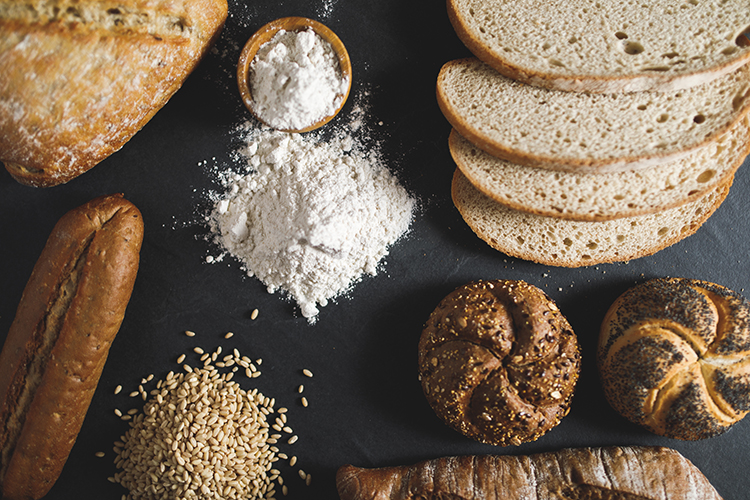Plant-based foods are here to stay — and their footprint on the food landscape will only grow.
But food marketers have their work cut out when it comes to educating consumers about what exactly plant-based means, and how they can match their food-related goals with the right plant-based products.
“Plant-based is a new and overpowering category that doesn’t necessarily have clear rules,” said Kathy Sargent, Global Director of Market Strategy for Lenexa, Kan.-based Corbion. “For many consumers, eating a plant-based diet still allows them to consume dairy, eggs, and even occasionally animal proteins.”
Most baked goods already fit into the plant-based category. But in order to get many consumers’ attention, Sargent said, there needs to be a callout beyond just “plant-based.”
Whether it’s appealing to flexitarians, environmentally conscious persons, health halo or other claims, that extra callout is the way to make people take that second, crucial look at your product.
Of course, having a successful plant-based program goes way beyond marketing. Labeling baked goods vegan, for example, can extend your market to a wider audience, Sargent said. But it also means that you have to carefully craft your formulas to create a gold-standard product that still appeals to people who love butter.
Multiple options
Finding ways to make your plant-based product feature sustainable/low carbon-footprint ingredients is another way to broaden your appeal. The return on your investment will be clear in the added value customers find in it.
Something else to consider trying: spotlighting specialty baked goods as functional items.
“That can mean high protein, high fiber, or even including ingredients that transition the item into the ‘health halo,’” said JoAnn Rupp, Corbion’s Global Insights Manager.
Bakers can also experiment with adding things like turmeric or chia seeds. Twenty-seven percent of consumers worldwide are very willing to pay a premium for food with health claims, according to Nielsen.”
Challenges — and opportunities
The hardest thing about making baked goods vegan is foregoing eggs. There are plenty of vegan butters and plant-based milks that work just fine as a substitute, but swapping out eggs can affect the texture, flavor, and overall structure of baked goods.
That said, there are many options: pureed fruits, cornstarch, aquafaba, flax seeds and manufactured egg substitutes. It’s best to try a few iterations of your recipe with different options, and compare results. Keep in mind that you may need to add additional fat for richness, baking soda for leavening, or even liquid for moisture.
Once you find an egg substitute that works in one recipe, it doesn’t necessarily transfer across the board. Overall, it’s important to do the proper testing before deciding on an egg replacement.
Additionally, Sargent said, if your baked good has a higher amount of protein or has less moisture due to swapping ingredients, it can be more susceptible to drying out or hardening. Doing shelf-life studies is key if you’re planning to switch to plant-based.
Something else for bakers to keep top-of-mind if they’re planning on ramping up their plant-based offerings: Baked goods are significantly more complicated to convert to vegan than savory items.
“In baked goods, swapping out dairy and eggs changes the texture, flavor, structure, and even moisture of the baked good,” Sargent said. “There is a lot more work on the front end to discover how to successfully convert the recipe.”
One solution is to incorporate plant-based ingredients into your toppings and market them as plant-based. For example, you could top a cupcake with avocado chocolate frosting or cinnamon rolls with almond milk glaze.
A helping hand
Corbion has many resources (including podcasts) to support bakers ready to expand their plant-based product rosters. The company also works with its customers to understand their pain points and needs. They can also offer easy solutions to get them on the road to menuing plant-based goods.
Corbion also offers many solutions and options that can help support bakeries that are looking to add plant-based items to its case.
These include egg substitutes, moisture-boosting ingredients, clean label products, shelf-life extenders and plant based natural ferments for flavor, product stability, and freshness — all of which can make a baker’s life easier and meet ever-growing consumer demand in this surging category.


